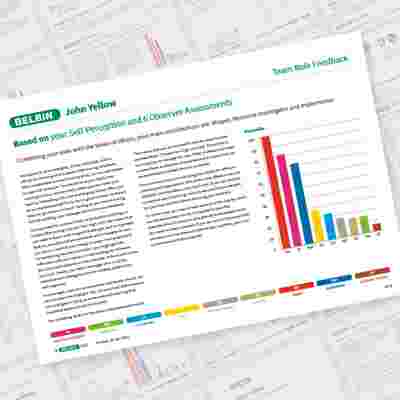Turning conversation into collaboration
Once initial connections are made, the next step is moving beyond small talk:
- What complementary strengths do we bring? If someone is detail-focused, can you provide big-picture thinking?
- Where could friction arise? Understanding likely role clashes helps avoid misunderstandings.
- How can we build trust? Sharing Belbin insights or reports can foster mutual understanding and interdependence.
Even small gestures – remembering a preference, following up thoughtfully – can transform superficial encounters into lasting, productive relationships.
